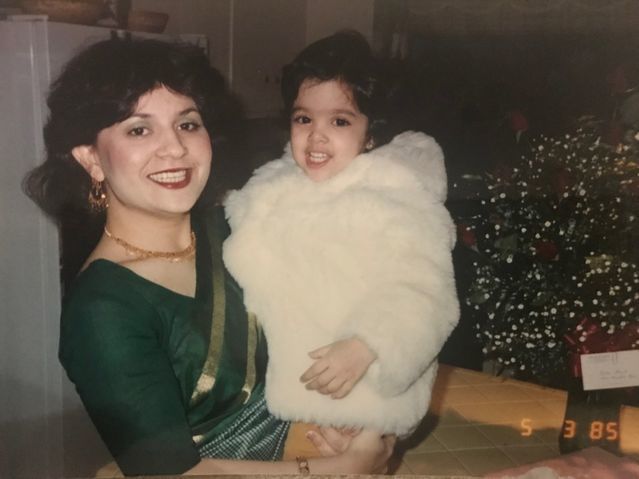
Psychology Today reports that “as people in the Muslim American community continue to face distinct challenges related to mental illness and stigma, advocates and mental health professionals are working to come up with solutions.”
Here are some ways in which American Muslims are making a difference de-stigmatizing mental heath issues within their communities:
— As a child, Naureen Ahmed didn’t understand her mother’s erratic behavior and was told by her grandparents that her mother was just depressed, even though she had been diagnosed with bipolar and schizoaffective disorder. Naureen wouldn’t discover the diagnoses until she was an adult. “If we had had that knowledge before, we would’ve been empowered to understand what she was going through,” says Naureen.
It became clear that whatever plagued her mother was considered something to be ashamed of. After years of personal therapy, Naurren founded Support Embrace Empower Mental Health Advocacy, or SEEMA, to create support for people whose loved ones struggle with mental illness.
— Rania Awaad says that when she began her psychiatric residency at Stanford University ten years ago, mental health professionals were trained to not ask patients about their faith or spirituality. Awaad believed then that this was a blindspot and spoke out against the approach, saying that it wasn’t providing the patient with “holistic care.” Today, her and a colleague teach a class at Stanford called “Culture and Religion in Psychiatry.”
Awaad acknowledges that aspects of a person’s faith could be a part of the problem, but she also wants mental health therapists to acknowledge that religion could also be part of the solution. Faith, she says, can be extremely useful to a person when it comes to “coping, resilience, and finding the strength to move forward, but it’s not necessarily preventive.”
— Farha Abbasi is a psychiatrist and professor at Michigan State University where she studied faith and mental illness. “If it’s a physical condition, it’s okay to access help and talk about it,” she says. “But when it comes to mental struggles, people want to keep it quiet and secretive.” One reason for this, she says, is that community members often see mental illness as a mark of weakness—in their faith in God, in their character, or in their mind. “People will say, ‘You’re not praying enough. Be thankful or, ‘Oh, you’re whining. Toughen up.’” According to Abbassi, supernatural beliefs may also contribute to misunderstanding about mental illness… might the person be possessed by devils, spirits, or jinn (a supernatural creature)?
Abbasi says the first steps are to raise awareness through education and normalize the idea of mental illness. “It happens in one in four people, so there’s no way praying or being in certain family situations is going to protect you.” Abbasi sees Islamic centers as a potential resource for those grappling with mental health issues. Recently, she used a minority grant from the American Psychiatric Association to found the Muslim Mental Health Consortium.



